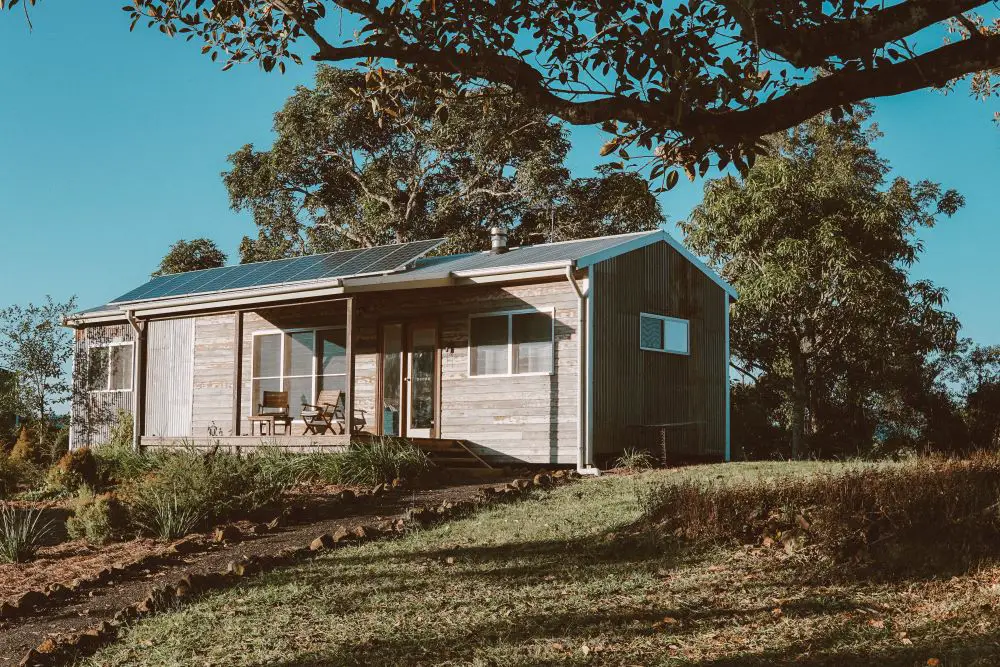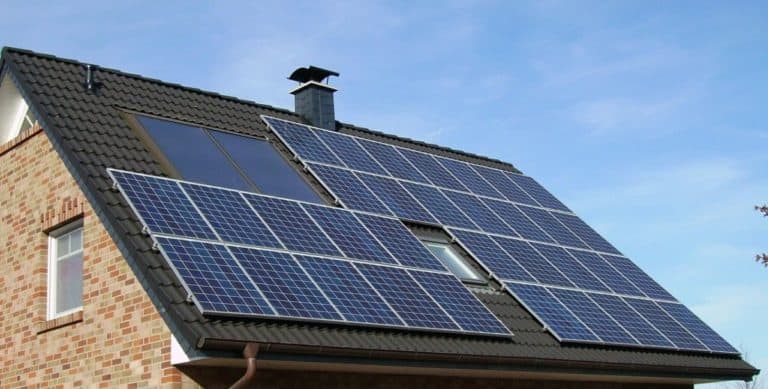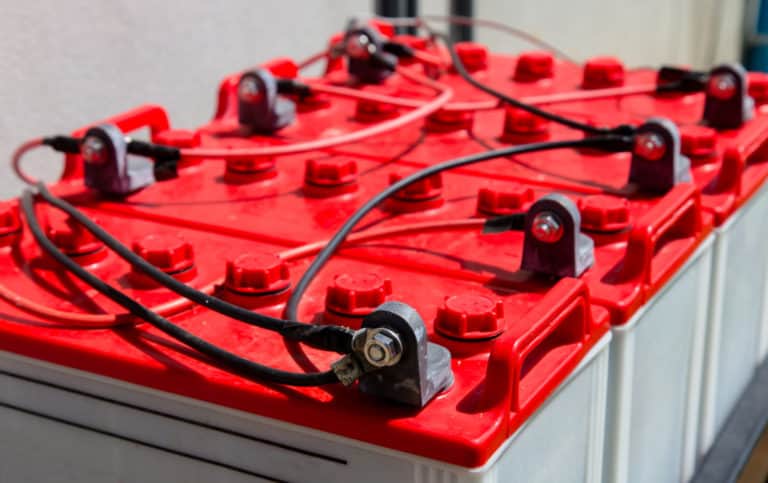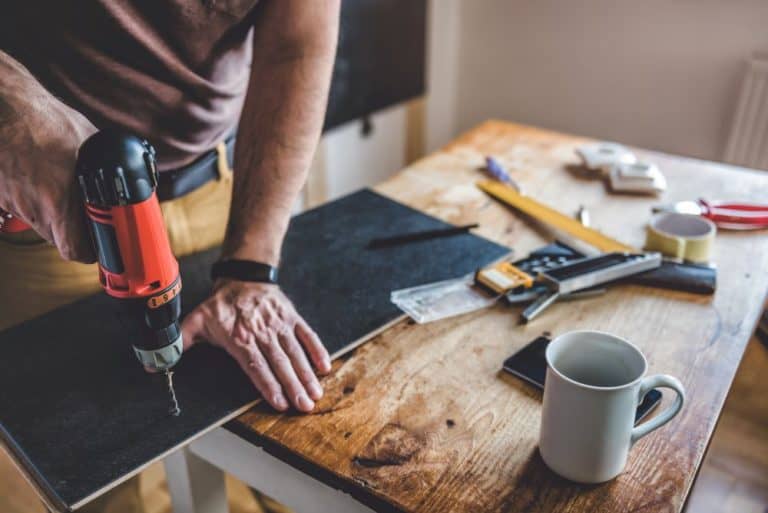Can You Switch From Off Grid To On Grid When Needed?
Making the decision to take your home off-grid and rely on solar power can be challenging, particularly if disconnecting from grid electric is irreversible. However, when researching this for myself, I discovered that it might be possible to switch between on grid and off-grid with relative ease; to find out if it would work for me, I decided to explore further:
If you disconnect from the grid you can reconnect, but it can be a complicated process, depending on your provider. However, if you keep your connection you can choose to use it or not. Most alternative energy systems, such as solar panels, come equipped to switch between the two and can draw on grid power when necessary.
The three main types of solar systems are grid-tied, off-grid, and hybrid systems. Each system comes with its advantages and downsides:
Table of Contents
Grid-tied solar systems
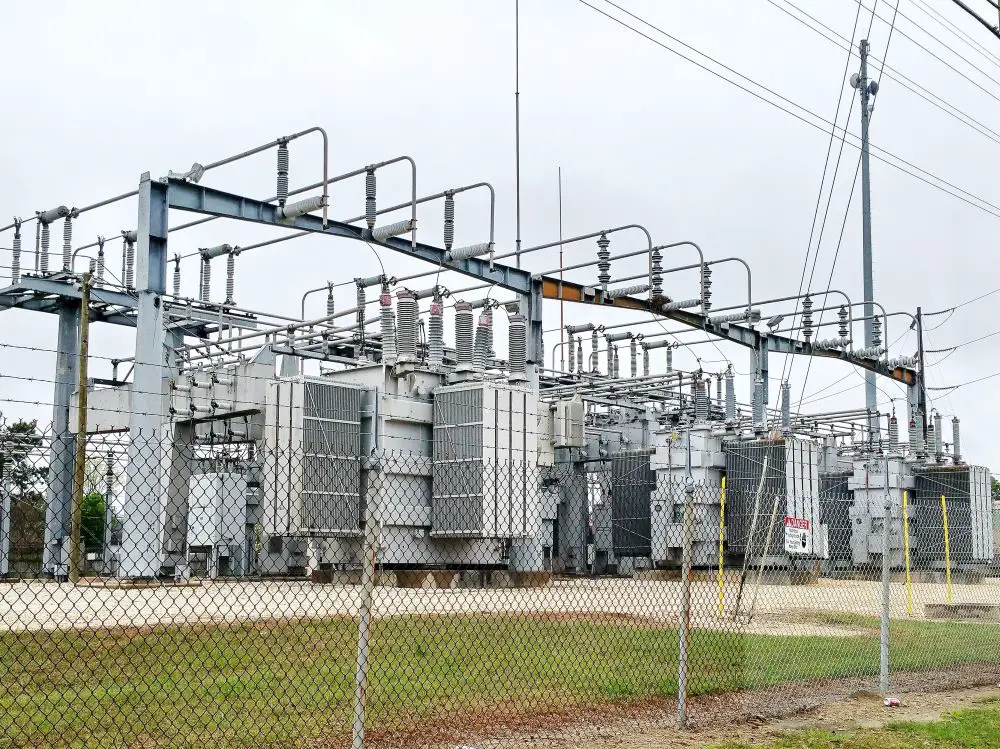
The most simple system is the on-grid or grid-tied system and is widely used by both homeowners and businesses. This system is connected to the existing utility power grid and does not make use of batteries to store energy.
The grid-tied systems incorporate solar inverters which transform the DC power generated by the solar array into AC power which is then used throughout your house. Any excess power generated by the system gets exported to the utility grid which can be used by other consumers. Depending on your location you will be compensated for the energy you contribute. When your system is not generating enough energy, it automatically draws energy from the grid. In the case of on-grid systems, the user does not need to do anything to switch from the solar panels to energy from the grid. This video explains things further.
Advantages
The main advantage of this system is that it isn’t very costly and allows you to save more money. It provides better efficiency rates, has lower installation costs and requires less equipment.
The better efficiency rates come from the use of the utility grid as electricity storage without the need for replacement or maintenance. The losses in the power grid are generally lower than the lead-acid batteries used in solar panel systems.
These systems need no batteries or additional equipment to operate which results in lower installation costs. Unlike off-grid systems which might need to be designed for a specific location and circumstances, the on-grid system installation process is more streamlined and therefore cheaper.
Disadvantages
There are few disadvantages when it comes to grid-tied systems. The major drawback comes from the lack of batteries. This means that during a blackout in the main power grid your system will shut down as well.
These systems do not produce energy during the night and cannot reduce your power bill at night. Moreover, they provide fewer incentives to reduce energy use.
Off-grid solar systems

When it comes to off-grid systems, the idea is to be completely disconnected from the power grid structure. This is usually done in remote locations that do not have a grid connection nearby. In these situations, there is no need to think about switching from off-grid to on-grid because it is just not an option.
Advantages
On the bright side, these systems allow you to be self-sustainable and are easy to expand if your electricity needs change with time. Moreover, they make you completely independent from electricity price increases.
Disadvantages
These systems are more expensive because they need a large number of batteries, extra electronics, and an expert to design your system in a way that reduces the chance you could run out of electricity (which will happen on occasion anyway). In addition, they require a backup generator, which usually runs on fuel (e.g. diesel) and can be quite costly to operate.
Hybrid Solar Systems
Hybrid systems are a mixture of off-grid and grid-tied. They combine the features of both and usually feature a battery bank and a connection to the grid.
Unlike grid-tied systems, the hybrid system can continue functioning during a blackout due to its battery bank. If there isn’t enough sunlight to produce the power you need, your hybrid system can draw energy from the grid. The energy generated by your solar panels is used to fully charge the batteries before being exported to the grid.
Hybrid systems make use of battery-based grid-tie inverters. These devices allow you to store and draw energy from the batteries while getting synchronized with the utility grid. An off-grid system does not need such synchronization because it is a closed separated system but if you want to switch between off-grid and on-grid, you need to be synchronized with the frequencies of the utility grid of your location.
Advantages and disadvantages
Hybrid systems are in the middle of the price range. They are often cheaper than off-grid solutions because you don’t need a backup generator or a large battery bank. On the other hand, the batteries needed for this system make it more expensive than a grid-tied system. However, the price of batteries is getting cheaper all the time which makes it a more enticing choice.
The primary advantage of the hybrid system is the control you have over the functioning of your battery bank. Electricity has a varying price based on the hour of the day – peak hours are priced higher. This means that you can choose when to export your stored energy to the utility network and therefore get your electricity bill as low as possible. This does depends on your provider, as well as state and country regulations.
Which system is best for me?
Clearly, if you need electricity far away from civilization, the off-grid system is the best solution for you. In most other cases an on-grid system would be recommended as it requires the least amount of investment and maintenance.
If you are currently living in a location that has access to the grid, the best option would be to go for either an on-grid system that is “battery ready” or a hybrid system. Battery ready options are on-grid but can be expanded with a battery bank later and to act as hybrid systems when needed.
More and more homeowners are going for the hybrid system as it’s affordable and allows for maximum flexibility. Whatever your situation might be, I would suggest getting competitive quotes from local providers, and asking the advice of a specialist to get the best solution for your needs.
Conclusion
Renewable energy systems have been a focus of increased development in the past few decades. Newer technologies make these systems more affordable and easier to use and maintain. This also includes the possibility to transition from one system to another as well as combining an off-grid system with the main utility grid while automating the switch between energy sources with minimum requirements on the users. With the focus of governments to reduce the nation’s carbon footprint, these transitions will become easier as utility companies will have to adapt and provide more flexible opportunities to their clients.
My Off-Grid Product Recommendations
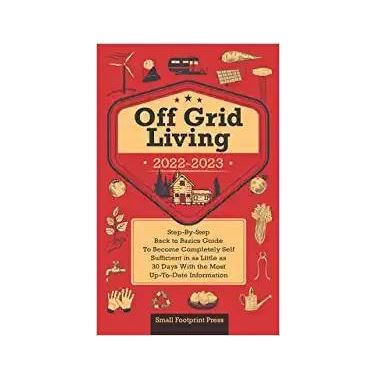
Useful Book: Off Grid Living 2022-2021 – This incredible step by step guide is a great read and gives you useful information about reaching self-sufficiency in just 30 days. Get the paperback on Amazon or read it free with a Kindle Unlimited subscription or listen to the audio version with Audible Plus membership.
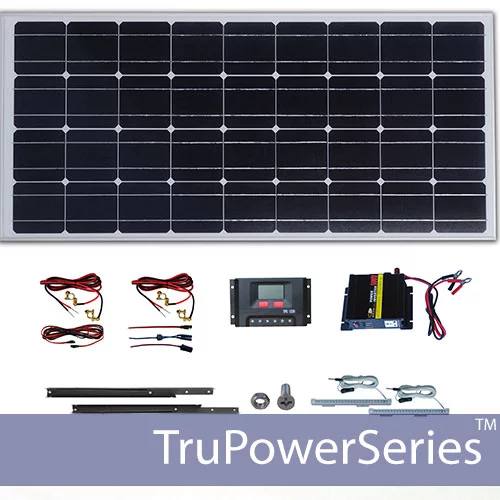
Small Solar Panel Systems: Silicon Solar – This is an excellent company that offers lots of products to get you started on your solar journey. Visit Silicon Solar.
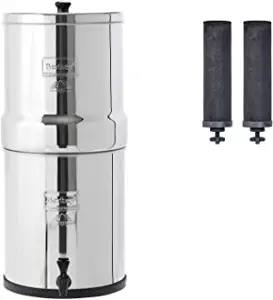
Family Water Filter: Big Berkey – For a fast, affordable water filter with no plumbing required, you can’t beat a Big Berkey gravity-fed filter like this one from Amazon.
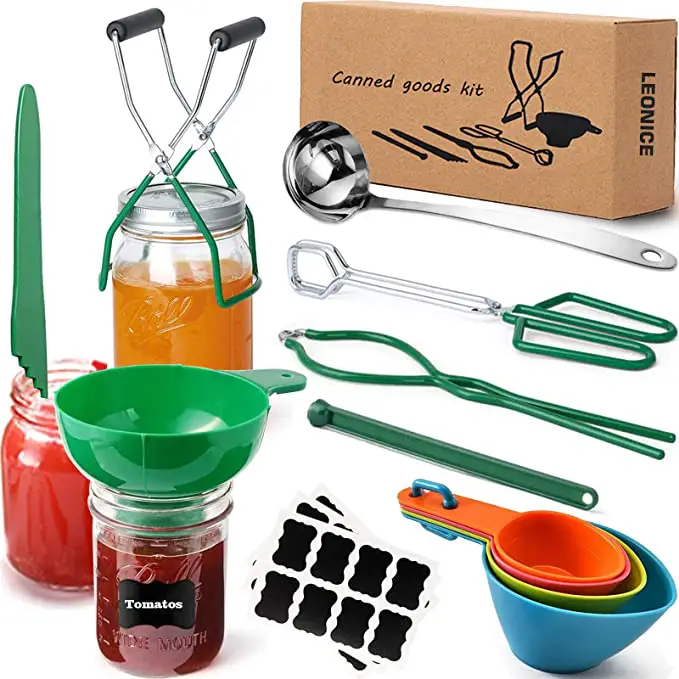
Canning Equipment – This canning starter kit, 22-quart Barton pressure canner and twelve-pack of Ball 16oz mason jars will help you preserve food as you work towards self-sufficiency.
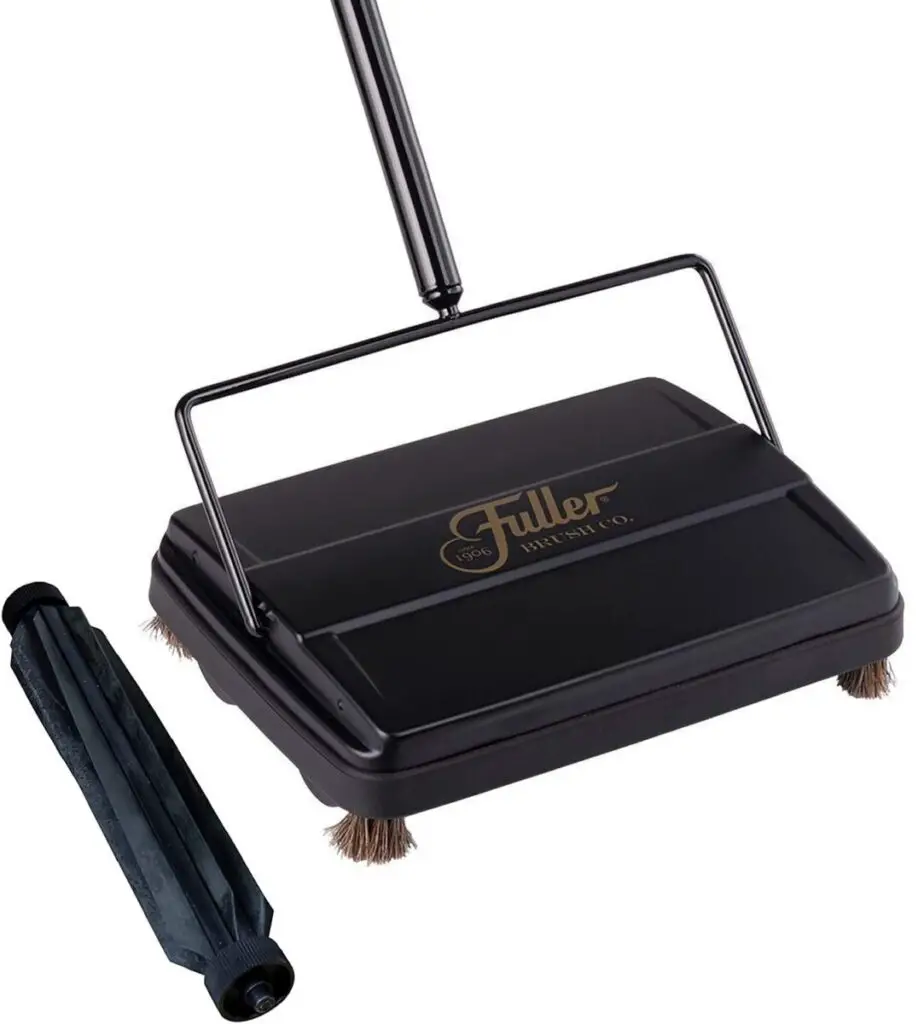
Cleaning: Fuller Carpet Sweeper –. This carpet sweeper is an ideal way to keep your home clean without using up your energy stores on vacuuming.

Handy Knife: Gerber Serrated Paraframe – This handy all-purpose knife is lightweight and ideal for all those little jobs around your home and garden.
Related Reading
If you’re looking for tools, equipment or reading materials, I have some other articles that you may find useful:
